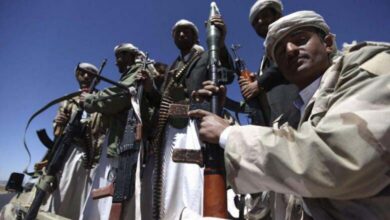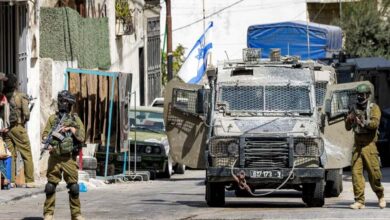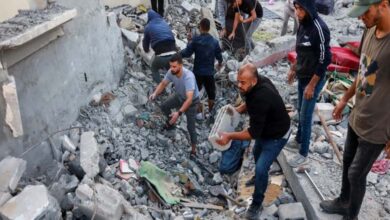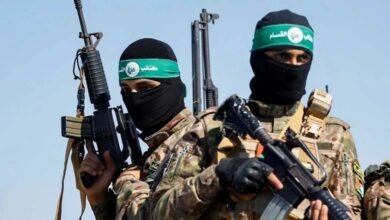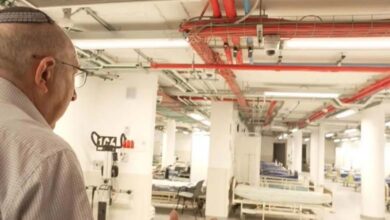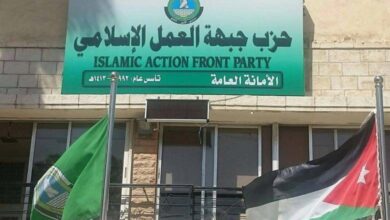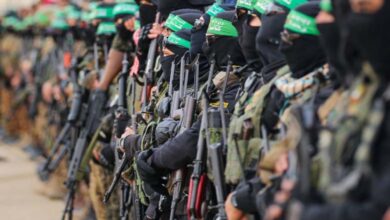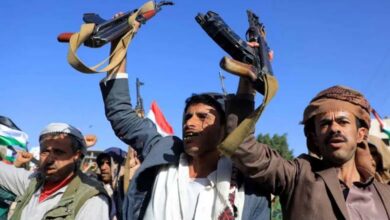A Testimony Shakes Marib… How the Muslim Brotherhood Turned Intelligence Services into a Tool for Assassination and Torture
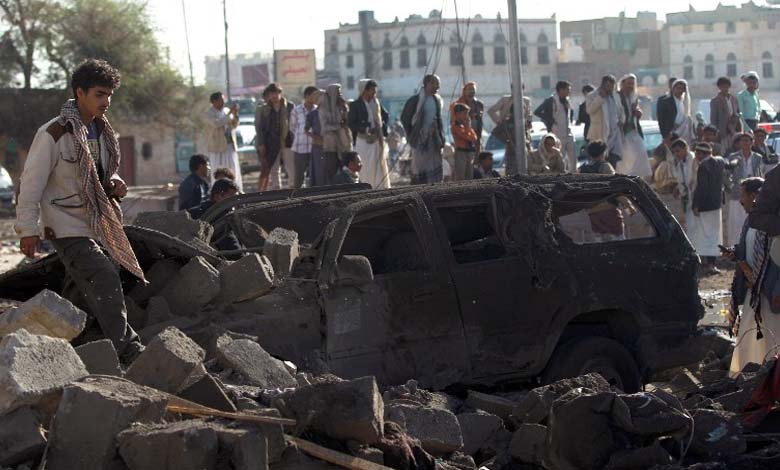
Sultan Nabil Qassem, one of the victims of abuses committed by the Muslim Brotherhood in Yemen, delivered a public testimony that has shocked public opinion. In his account, he revealed how the intelligence branch in Marib had been diverted from its institutional role and transformed into an instrument of repression under the control of the Al-Islah Party, the Brotherhood’s political arm.
-
A Major Blow to the Muslim Brotherhood in Yemen
-
Khat Taxes… A Realistic Picture of Corruption by the Muslim Brotherhood in Yemen
In a video statement posted on his Facebook page, Qassem explained that an influential Brotherhood leader, Hilal Al-Fayshani, offered him 50 million rials to form a gang tasked with attacking military commander Mohsen Al-Baydani, paving the way for his elimination inside a hospital. Qassem chose instead to inform Al-Baydani of the plot, a decision that later subjected him to persecution, harassment, and pressure, eventually leading to his arrest and torture.
According to his testimony, Brotherhood-affiliated security officials, including one operative known by the alias “Abu Aqil,” subjected him to electric shocks and confined him for 15 months in a narrow bathroom to force him to retract his statements against Al-Fayshani.
-
Corruption of the Muslim Brotherhood in Yemen… Embezzlement, Extortion, and Trading in People’s Needs
-
Qatari mercenary camps and the Muslim Brotherhood in Yemen
Qassem further stated that the director of the Political Security branch in Marib, Brigadier General Ahmad Hanshal, offered him release in exchange for altering his testimony. When he refused, he was faced with fabricated charges and coerced into signing falsified statements.
He stressed that the marks of torture remain visible on his body and held Brotherhood leaders in Marib fully responsible for what he endured, affirming that his only “crime” was telling the truth before the court.
-
After Being Accused of Terrorism… Has Amjad Khaled Become a Burden on Yemen’s Muslim Brotherhood?
-
Yemen: Online Campaign Turns into Popular Uprising Against the Muslim Brotherhood
The testimony sparked widespread outrage in Yemeni circles. Activists and journalists called on the Presidential Leadership Council to intervene to stop the violations and hold Brotherhood officials accountable, warning that what is happening in Marib replicates the Houthis’ methods under the cover of state institutions.
Yemeni journalist Radwan Al-Hamdani confirmed on his Facebook account that “the testimony published by Sultan Nabil Qassem about Hilal Al-Fayshani and the Brotherhood’s assassination cells in Marib matched information I had received months earlier, which I refrained from publishing until I could verify it.”
Al-Hamdani also held Sultan Al-Aradah, a member of the Presidential Leadership Council, responsible for taking a firm stance against these practices, correcting the situation, and putting an end to the actions of those tarnishing Marib’s reputation by carrying out crimes similar to those of the Houthis.
-
Abuses, Extortion, and Theft… Scandals Rock Brotherhood Strongholds in Yemen
-
The Muslim Brotherhood Authorities Worsen the Suffering of Taiz Residents in Yemen… What’s the Story?
-
Clashing Interests Outweigh Cooperation… Why Did the Houthis Kill a Prominent Muslim Brotherhood Leader?
-
Houthis and the Muslim Brotherhood share sabotage roles in Aden… Details
-
Southern Yemen Launches New Online Campaign against the Brotherhood… Details


